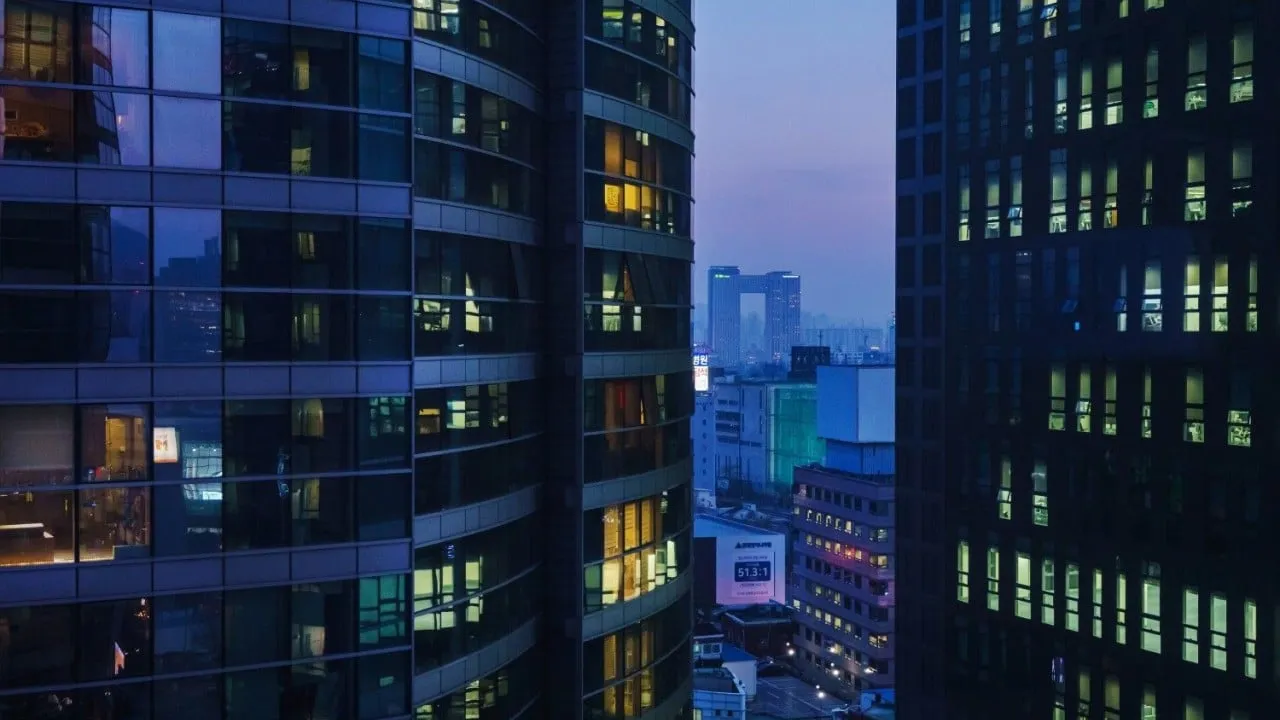Jeonse: The Key to Unlocking Rental Housing Investment in Seoul, South Korea

Jeonse: A Unique System Impacting Rental Housing
The jeonse system in South Korea, whereby tenants pay large upfront deposits instead of monthly rent, has drastically affected rental housing dynamics. As the nation grapples with economic pressures, this antiquated model is increasingly discredited, leading investors to explore lucrative alternatives.
Seoul's Office Market Resilience
Despite global trends, Seoul's office market has shown remarkable resilience. With a prime vacancy rate of just 1.5 percent, it stands out in the region. Factors driving this stability include high demand for quality spaces and limited new supply in key areas like the Gangnam Business District.
Opportunities for Property Investment
- Rapidly increasing demand for rental housing due to demographic shifts.
- Collaborations between developers like Weave Living and investors such as KKR.
- Expansion prospects in the multifamily sector, which remains under-invested compared to the US.
Challenges and Future Outlook
Stagnation in leasing activity, rising costs, and potential oversupply in certain districts presents a challenge. However, institutionalizing rental housing could pave the way for a more stable market.
This article was prepared using information from open sources in accordance with the principles of Ethical Policy. The editorial team is not responsible for absolute accuracy, as it relies on data from the sources referenced.